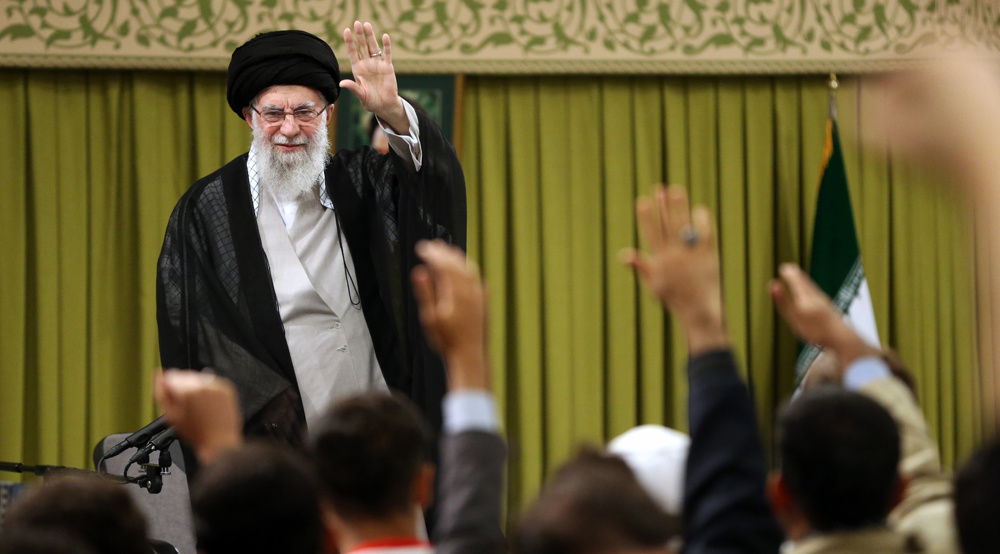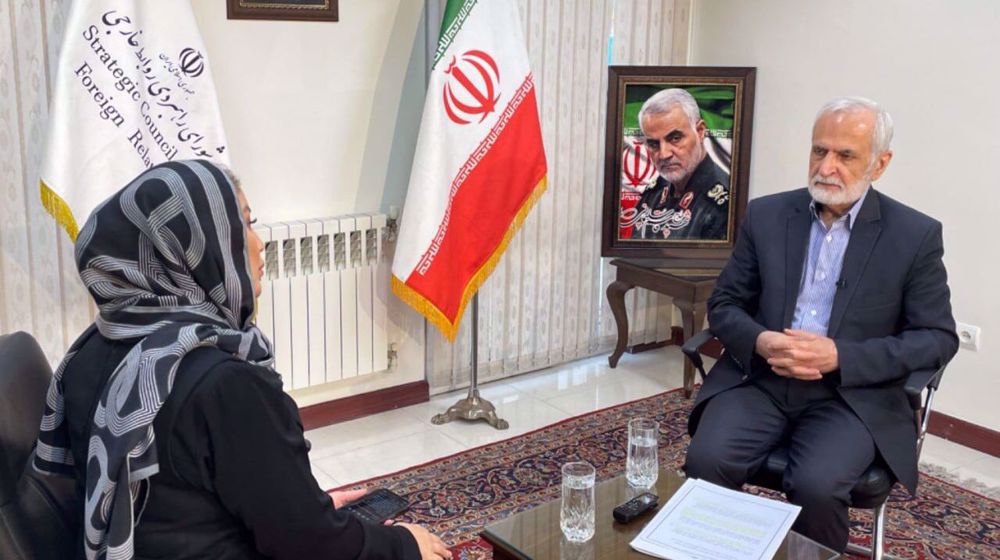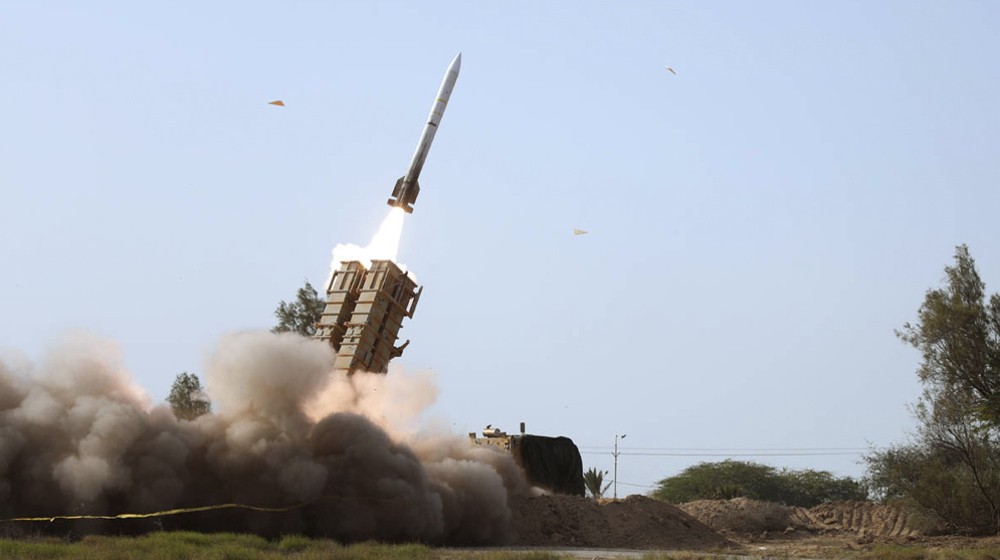Iran committed to JCPOA, will react to breaches: Rouhani
Iranian President Hassan Rouhani has reiterated the Islamic Republic's commitment to its 2015 nuclear deal with the six world powers, yet vowing "proper response" in case the other parties fail to live up to their end of the deal.
Speaking to Japanese Prime Minister Shinzo Abe’s special envoy, Masahiko Komura, in Tehran on Wednesday, Rouhani thanked Japan for the role it played in the marathon talks that preceded the deal, known as the Joint Comprehensive Plan of Action (JCPOA).
“Today, after the successful negotiations and the JCPOA’s implementation, we should not allow the deal to be undermined and the parties to infringe on their commitments,” Rouhani said.
The JCPOA was inked between Iran and the P5+1 countries — namely the US, Russia, China, France, and Britain plus Germany — in July 2015 and took effect in January 2016.
Noting that the US has not been fully committed to the deal’s provisions, Rouhani warned, “Iran will never take the first step in breaching the agreement but would give a proper response to any violation by the other parties.”
Delivering the Japanese PM’s written message to Rouhani, Komura said that all signatories to the nuclear agreement had to respect it.
“Iran has always played a constructive role in maintaining peace and stability in the region, and we believe all sides have to live up to their commitments under the deal,” said the Japanese politician.
Access to Iran's military sites
US President Donald Trump, who had made no secret of opposing the deal in his election campaign, has threatened to “tear up” the agreement, calling it “the worst deal ever negotiated.”
Last week, the Trump administration sent its UN envoy Nikki Haley to Vienna, Austria, to lobby with the International Atomic Energy Agency (IAEA) to request access to Iranian military sites as part of what Washington claimed was the deal's implementation.
Iran views such demands illegitimate and has dismissed them as an attempt by the US to politicize the JCPOA. Tehran has made it clear that issues pertaining to its defense capabilities are non-negotiable.
Ali Akbar Velayati, a senior advisor to Leader of the Islamic Revolution Ayatollah Seyyed Ali Khamenei, said in a statement on Wednesday that “nobody was allowed to inspect Iran’s military sites” because they were part of the Islamic Republic’s “national security.”
Iran-Japan ties
Elsewhere in his meeting with Komura, Rouhani called for boosting ties with Tokyo in trade and other fields.
“Today, there are numerous areas in Iran that both sides can use to make investments or expand current cooperation,” Rouhani said, naming Iran’s energy sector, including oil, gas and dam building industries, and port development as examples of profitable markets for Japanese companies.
Komura called for the expansion of mutual ties, saying the countries “should try to boost trade and economic relations and increase cooperation in other sectors too.”
Democrats 'risk losing' election for backing Israeli war on Gaza, Lebanon: US journalist
Protesters remove busts of Israel's first president from Manchester Univ.
VIDEO | Hezbollah drones
US involvement in Israel’s 'regional war' unconstitutional, lawmakers tell Biden
107 years of Balfour Declaration that paved way for extermination of Palestinians
Hezbollah strikes Israeli military base near Tel Aviv
Palestinian media rights group condemns killing of two journalists by Israel
VIDEO | A Tale of Bombs, Blame, and Bedtime Stories











 This makes it easy to access the Press TV website
This makes it easy to access the Press TV website